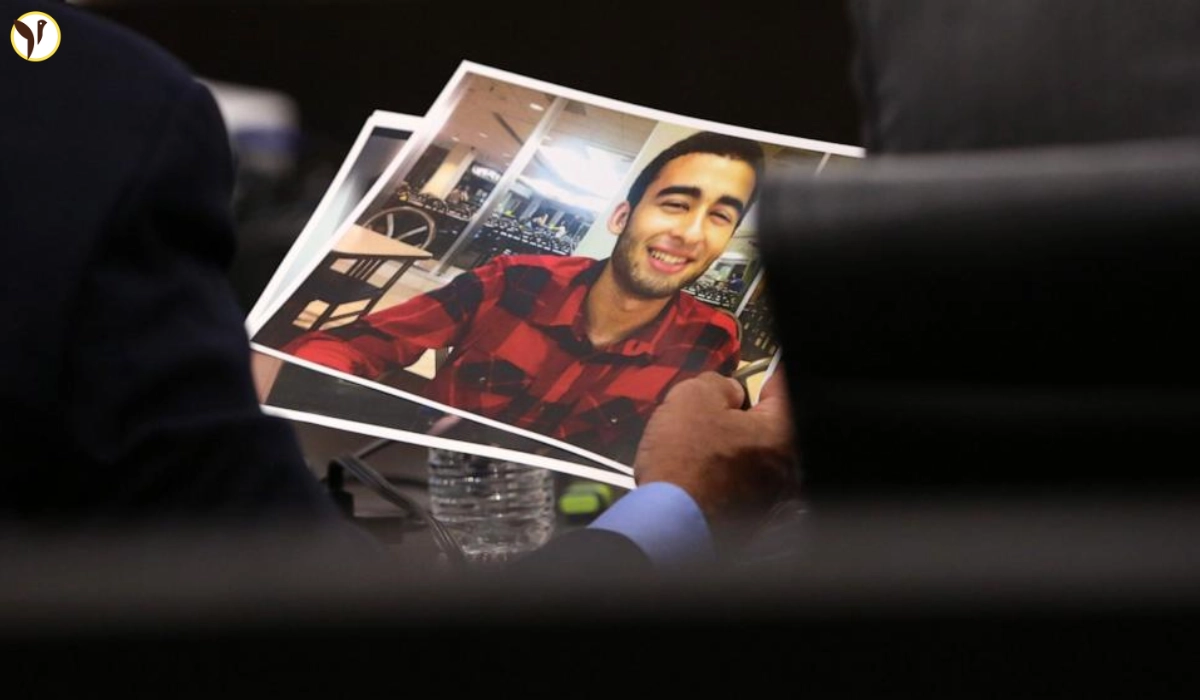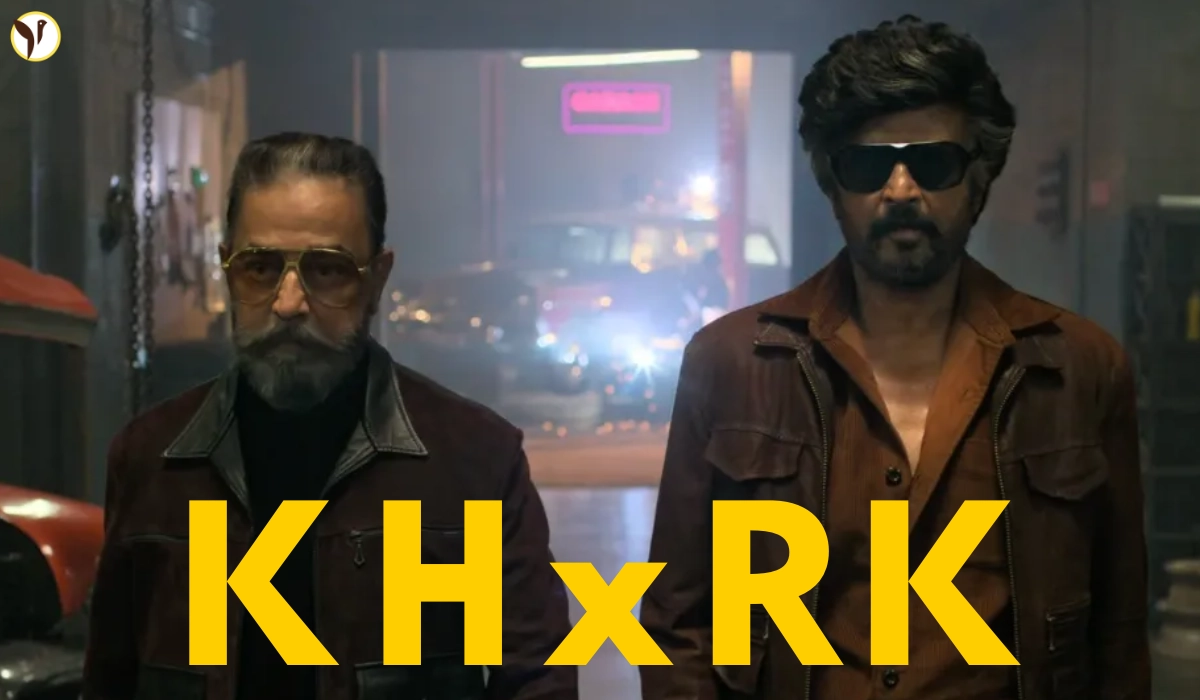More than ten years after the disappearance of the University of Florida student Christian Aguilar, the case is back in the news due to new information discovered involving the man convicted of murdering Aguilar.
Pedro Bravo, who was convicted in 2014 and sentenced to life in prison, is now involved in a scheme from prison to try to overturn his conviction.
According to court documents, Bravo worked with other two accomplices - Kamarily "Kelcie" Edwards and Michael Angelo - which they committed perjury knowing that they were lying.
Edwards said she saw Aguilar alive after his declared disappearance, Angelo recanted his previous statement where he said Bravo admitted to killing Aguilar. Both have since pled guilty to lying in court.
Investigators found records of phone calls, electronic deposits, and messages exchanged between Edwards and another inmate who was tied to Bravo. Edwards was shown to be orchestrating a scheme to overturn Bravo's conviction.
In one of the recorded calls "They know everything," what they were referencing was that law enforcement had already learned about Edwards's scheme.
The murder of University of Florida freshman Christian Aguilar shocked the campus and his hometown of Miami in 2012.
— ABC News (@ABC) June 20, 2025
More than a decade later, the case took stunning new turns. https://t.co/nxdCEXwaea
Bravo's Admission and Death Renew Attention on Aguilar’s Murder
Shortly before his death, Pedro Bravo confessed to killing Christian Aguilar—a significant shift from his previous claims. He reportedly told authorities that the killing occurred inside his vehicle, and that he later buried Aguilar’s body in a wooded area in Levy County, Florida. This admission came more than 12 years after Aguilar’s disappearance.
The case was featured in a recent ABC 20/20 special titled They Know Everything. The program shared new details and included interviews with those closely connected to the case, including investigators, legal experts, and Aguilar’s family.
It brought national attention back to the story, highlighting both Bravo’s confession and the uncovered prison scheme.
Aguilar’s remains were found in October 2012, several weeks after he went missing. Evidence collected during the investigation—such as surveillance footage, duct tape found in Bravo’s vehicle, and phone location data—strongly linked Bravo to the crime.
He was convicted in 2014 of first-degree murder along with several other charges and was sentenced to life without parole.
Although Bravo’s confession and the exposure of the prison plot may bring some sense of closure, the case remains a painful chapter for Aguilar’s family. These latest developments, however, may help ensure that the truth is fully recognized and justice is preserved.









